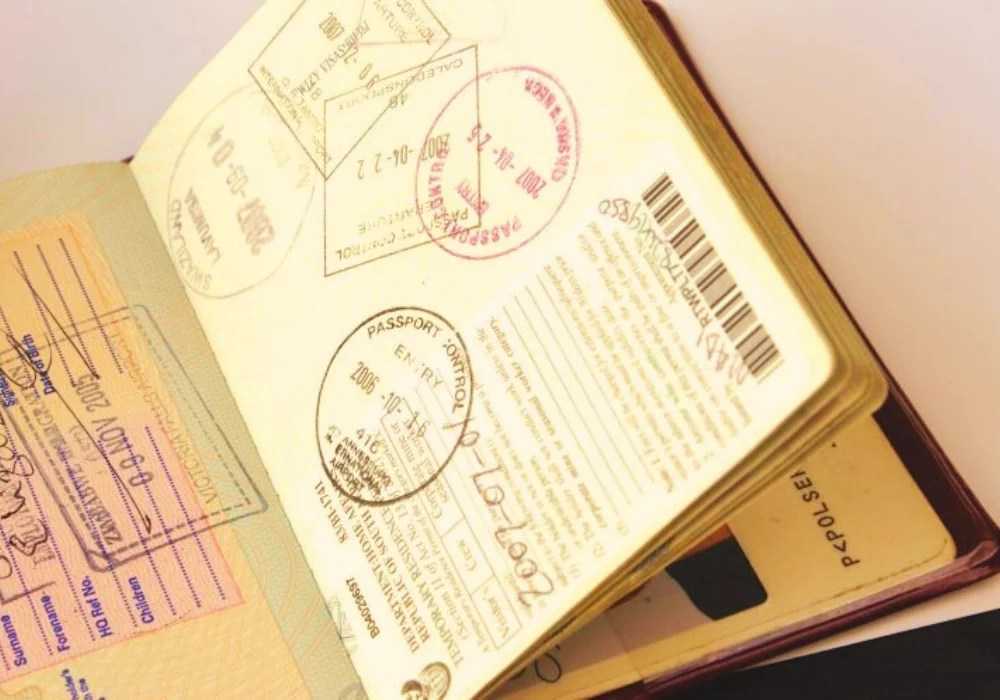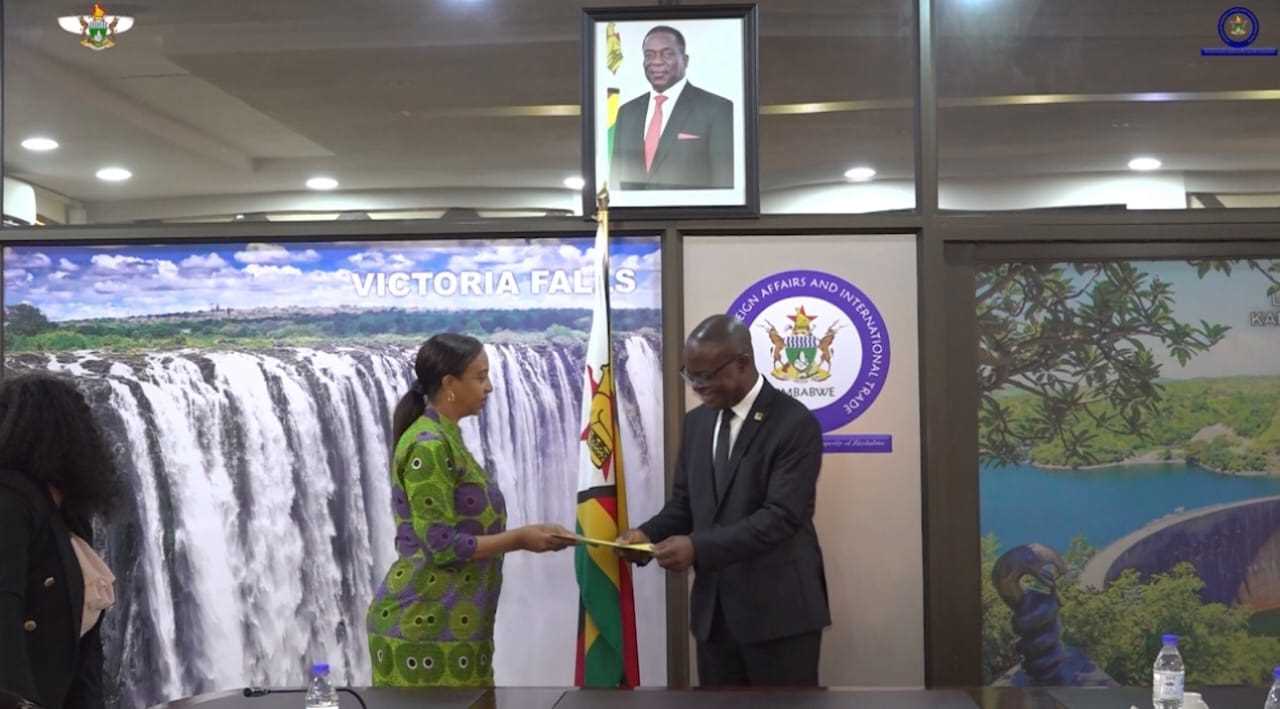
• Aaron Motsoaledi’s decision to terminate the ZEP was set aside by the Gauteng High Court.
• The court ruled the decision was unconstitutional, invalid and unlawful.
• The court ordered that the matter go back to the minister for reconsideration.
A full bench of the Gauteng High Court in Pretoria handed down judgments finding against Home Affairs Minister Aaron Motsoaledi in two different matters involving the Zimbabwean Exemption Permit, which affects the lives of more than 178 000 people living in South Africa.
Here is what the court ordered in both judgments and what it means for ZEP holders and Motsoaledi, if he is not successful in his appeal bid.
Termination of ZEP
The first judgment relates directly to Motsoaledi’s decision not to renew the ZEP.
Since 2009, eligible Zimbabweans have been granted exemption permits, allowing them to live and work in South Africa. This specific type of permit, now known as the ZEP, was introduced for those who fled to South Africa due to their home country’s economic and political strife.
The Helen Suzman Foundation and the Consortium for Refugees and Migrants in South Africa challenged Motsoaledi’s decision not to renew the ZEP.
The full bench, consisting of Judges Colleen Collis, Mandlenkosi Motha and Gcina Malindi, found that Motsoaledi’s decision was invalid, unlawful and unconstitutional.
The court’s finding was based on:
• Motsoaledi did not afford ZEP holders a reasonable opportunity to make representations as per the Promotion of Administrative Justice Act;
• He did not consider the impact the decision would have on ZEP holders and their families; and
• The decision was an unjustified limitation of rights.
Setting the decision aside, the court ordered that the matter go back to Motsoaledi for reconsideration, following a fair process that complied with the requisite legislation.
The court also declared that, pending the process, the ZEP will be deemed to remain valid for the next 12 months.
Related Stories
In the second judgment, the court ordered Motsoaledi not to arrest or issue deportation orders for ZEP holders, following the ruling set out in the first judgment.
The court ruled that ZEP holders must be allowed to leave or enter South Africa and may not be dealt with in terms of sections 29, 30 and 32 of the Immigration Act on the basis that they are ZEP holders, News24 reported.
What does it mean?
The judgment means that Motsoaledi’s decision is effectively null and void. He will have to go back to the drawing board and make the decision again, this time in line with the court’s ruling on the fair process that must be followed.
This will ultimately give ZEP holders a voice.
If Motsoaledi wants to take another decision on the ZEP, he will first have to give the holders a reasonable opportunity to make representations, which the minister will have to consider.
As explained by James Chapman, the head of advocacy at the Scalabrini Centre in Cape Town, this will be a form of justice as the holders, who were just overlooked, will now be able to show the minister the difficulties they are facing with the waiver and visa system that’s inaccessible. They can also detail the difficulties they will face if they return to Zimbabwe, after having made South Africa their home for so long.
Chapman said the judgment opened a door for ZEP holders and other relevant stakeholders to find a solution with the Department of Home Affairs.
This could be in the form of permanent residency or an economic SADC visa, Chapman explained.
The other effect of the judgment is that the permits are still in place and will be deemed valid up until June 28, 2024. It allows ZEP holders to remain in the country lawfully.
Chapman said it returned a modicum of dignity to ZEP holders, who were “deeply integrated in South Africa”, having lived here for more than a decade.
The second judgment just ensures that ZEP holders can continue travelling and are able to return to South Africa, without fear of being denied entry on the basis of the permit.
It reinforces the validity of the ZEP, as the holders cannot be arrested or deported on the basis of their status in the country.
Appeal
While the judgment undoubtedly favours ZEP holders, it remains to be seen whether it will stand the scrutiny of a possible appeal.
On Thursday afternoon, the minister, through his spokesperson, announced that he had instructed his legal team to apply for leave to appeal against both judgments.
The minister believes that, if the judgments remain unchallenged, it will set a dangerous precedent.
Appealing the judgments could mean that the enforcement of the orders are suspended, pending the outcome of the appeal. – News 24


















Leave Comments